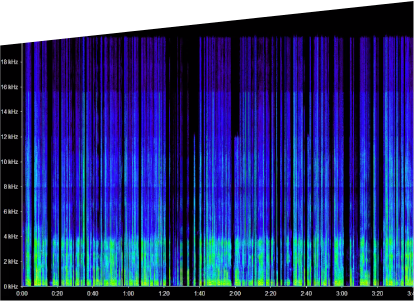- Language Selection
- Sign In
- Recruit conference interpreters
-
About AIIC
- History of AIIC
-
Inside AIIC
- Basic texts and governance
- Regions
-
Bodies, Groups, Committees and Networks
- Interpreters in Conflict Zones
- ExCO
- CACL
- Budget Committee
- Disciplinary and Disputes Committee
- Advisory Board
- AIIC Training and Professional Development
- Consultant Interpreters
- ISO Standards Project
- Legal Interpreting Committee
- Research Committee
- Sign Language Network
- Staff Interpreters
- Taskforce on Distance Interpreting
- Technical and Health Committee
- VEGA Network
- AIIC Solidarity Fund
- Research Grant
- AIIC Organigram
- Sectors
- AIIC for the profession
- Join AIIC
- Conference interpreting
- News & Events
- AIIC Library
- Contact AIIC
AIIC UK & Ireland News
10/10/2020
Sound quality in remote interpreting: Q&A session
AIIC UK&I Bureau

At the kind invitation of AIIC Belgium, AIIC UK & Ireland Region members recently attended a virtual Q&A session entitled Sound quality in RSI settings. What are its main features and what are the implications for interpreters? The guest speakers were Andrea Caniato (AIIC conference interpreter, certified trainer in Applied Physiology of the Voice and voiceover artist) and Cristian Guiducci (an EU-accredited conference interpreter with sound engineering experience and a medical background).
In his presentation, Andrea explained why the “butchered” sound interpreters receive on most remote simultaneous interpreting (RSI) platforms is so detrimental. The problem is not so much the quality of the delegates’ connection or equipment, but rather the modus operandi of RSI platforms, which reduce bandwidth (partly for cost reasons), and use noise-suppressing and sound-processing algorithms to remove background noise. This has an impact on the quality of the resulting sound because suppressing all forms of background noise also removes precious frequency information, and in particular high frequencies.
Citing dozens of scientific papers, Andrea and Cristian demonstrated why high frequencies are important: essentially, they allow us to hear better when also receiving another audio stream (own voice) and they protect our health. In particular, there is evidence to suggest that high frequencies may stimulate dopamine production, and thus that an absence of high frequencies may lead to a drop in dopamine levels. Dopamine protects hair cells against acoustic trauma.
The ensuing discussion was very stimulating and interesting, and we left with a wealth of resources to consult on this important issue.
